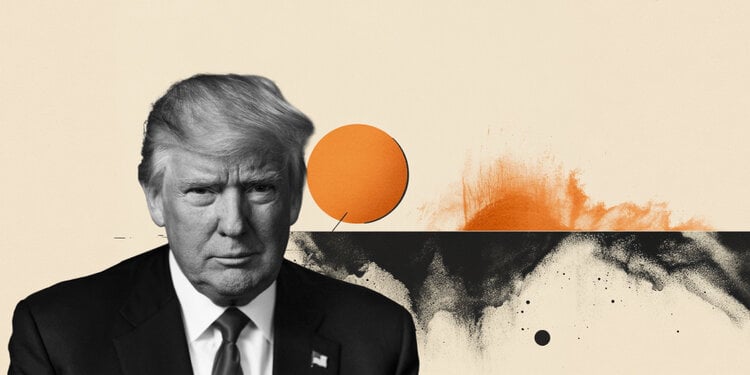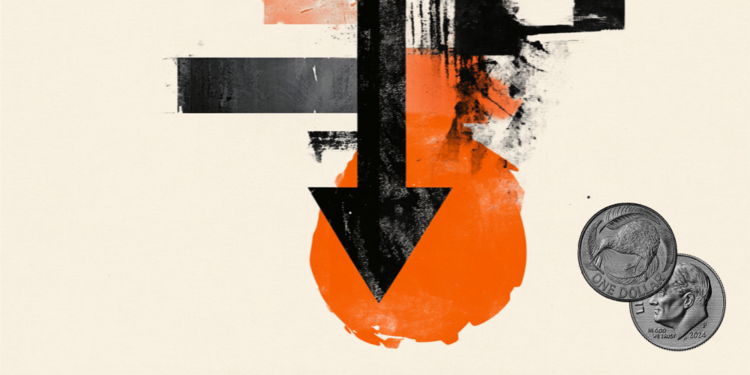The head of monetary policy at the European Central Bank (ECB), Robert Holzmanndeclared on Wednesday in an interview with Reuters: “I have no objection in principle to a rate cut in June, but I want to see more favorable data“.
Featured Statements
A rate cut out of sync with the Fed would reduce the impact of monetary policy easing.
Given the weakness of productivity in the euro zone, the 3.0% deposit rate could remain too restrictive in the long term.
Inflation may even exceed the ECB's forecasts.
The ECB must stop subsidizing commercial banks and cut interest payments on the piles of cash that lenders obtained from the central bank on the cheap.
Market reaction
At the time of writing, EUR/USD gains 0.08% on the day and is trading at 1.0776, showing little impact from the previous comments.
Frequently asked questions about the ECB
What is the ECB and how does it influence the Euro?
The European Central Bank (ECB), headquartered in Frankfurt (Germany), is the reserve bank of the euro zone. The ECB sets interest rates and manages the region's monetary policy.
The ECB's main mandate is to maintain price stability, which means keeping inflation at around 2%. Its main tool to achieve this is to raise or lower interest rates. Relatively high interest rates usually translate into a stronger Euro, and vice versa.
The Governing Council of the ECB takes monetary policy decisions at meetings held eight times a year. Decisions are made by the heads of the euro area's national banks and six permanent members, including ECB President Christine Lagarde.
What is Quantitative Easing (QE) and how does it affect the Euro?
In extreme situations, the European Central Bank can launch a policy tool called Quantitative Easing. QE is the process by which the ECB prints Euros and uses them to buy assets (usually government or corporate bonds) from banks and other financial institutions. The result is usually a weaker Euro.
QE is a last resort when a simple lowering of interest rates is unlikely to achieve the objective of price stability. The ECB used it during the Great Financial Crisis of 2009-11, in 2015 when inflation remained stubbornly low, as well as during the coronavirus pandemic.
What is Quantitative Tightening (QT) and how does it affect the Euro?
Quantitative tightening (QT) is the reverse of QE. It is carried out after QE, when the economic recovery is underway and inflation begins to rise. While in QE the European Central Bank (ECB) buys government and corporate bonds from financial institutions to provide them with liquidity, in QT the ECB stops buying more bonds and stops reinvesting the maturing principal of the bonds that are already has. It is usually positive (or bullish) for the Euro.
Source: Fx Street
I am Joshua Winder, a senior-level journalist and editor at World Stock Market. I specialize in covering news related to the stock market and economic trends. With more than 8 years of experience in this field, I have become an expert in financial reporting.







